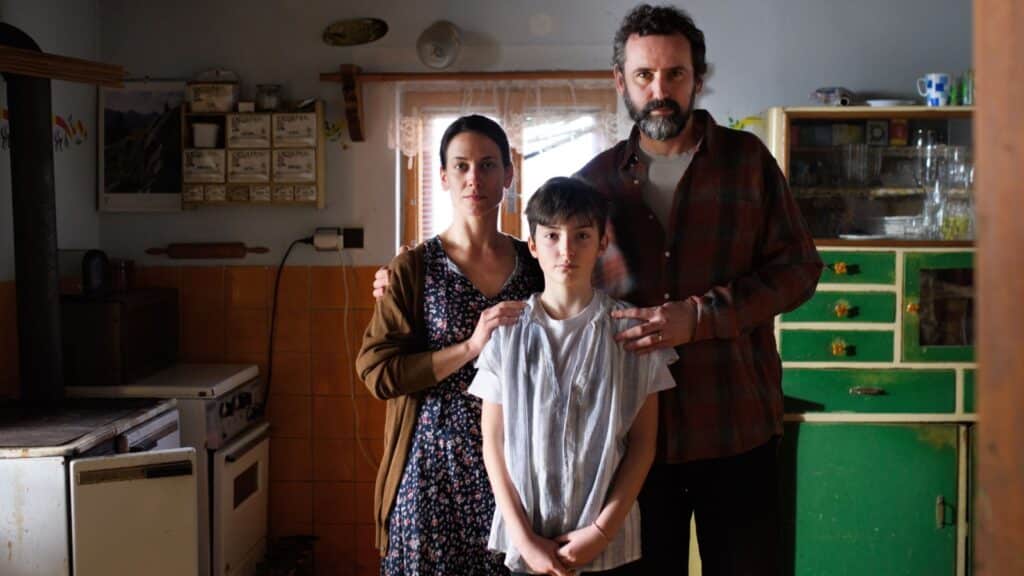Not all childhood trauma results in therapy or tabloids. Some simply quietly transform into strange adult habits. You think you’re just “quirky” or “independent” — but that people-pleasing, panic cleaning, or ghosting behavior? That could be your inner 8-year-old trying to feel safe all these years. If you’ve ever wondered why you freak out over texts or can’t keep still in silence, these behaviors might be eye-opening for you.
Avoiding Asking for Help at All Costs

You’ll drag your own corpse up a mountain before you ask anyone for help. Why? Because somewhere early on, you learned that to ask for help was to be let down, criticized, or just dismissed. Now you white-knuckle through life with a silent mantra of “I got this” — even when you clearly do not.
Saying “It’s Fine” When It’s Clearly Not

You may be in full-blown meltdown mode, mascara running, heart racing — and still say “I’m fine.” No, you’re not. But you learned at a young age that ‘okay’ was better than the truth. You became the Warzone house peacekeeper. Emotional honesty now equals picking a fight — even when you’re literally begging for a hug.
Flinching When Someone Yells (Even a Little)

A loud voice — even though it’s not directed at you — tightens your entire body. You may not even realize it, but your nervous system goes DEFCON 1. That’s trauma. Your brain associates loud sounds with danger. Now, even a heated debate is war drums to your subconscious.
Feeling Guilty for Doing Absolutely Nothing

You sit down to rest — and boom: guilt hits like a frying pan. You begin cleaning, working, texting back — anything to deserve your “right” to relax. Childhood likely programmed you that rest = lazy = worthless. So now, even your naps get performance anxiety.
Over-Explaining Yourself All the Time

You write essays to say no. You give 15 reasons why you didn’t respond in 2 hours. Why? Because when you were a kid, getting misunderstood would mean punishment or drama. Now, you act as if every little annoyance is a court case. “Sorry I didn’t text back, my phone died, I was in the shower, I wasn’t ignoring you, don’t hate me.”
Having to Be Hyper-Independent or “Low Maintenance”

“I don’t need anything” is your personality trait and trauma badge. You’ve learned not to ask for too much, because it never worked out. Now you’re the friend who never calls, the partner who never complains, the colleague who never says no. And on the inside? You’re screaming.
Repeatedly Reliving Conversations in Your Head

You wake up in the middle of the night, reliving a 4-day-old conversation, wondering if you sounded annoying, rude, stupid, or just too much. That’s not anxiety — that’s old programming. Maybe you were criticized all the time as you were growing up, so your mind has learned to default to thinking you’re wrong all the time. Even when you simply said “thanks.”
Panic When Somebody’s “Mad” at You

You get one slightly cold text, and your brain spirals into “I ruined everything, they hate me, I’m the worst.” That’s not insecurity — that’s your nervous system remembering what it felt like to be on thin ice with unpredictable adults.
Being the Therapist Friend Who Never Vents Back

You’ve turned into everyone else’s emotional janitor — go-to sounding board. But you? You internalize. You don’t vent. Why? Because you were taught to listen, to fix, and keep your mess quiet. Even now, you think your pain is a burden that is not something worth holding space for.
Thinking People Will Leave If You’re Too Much

You shrink yourself like it’s a job. Don’t cry, don’t ask, don’t be needy. Because you learned love had boundaries — and one misstep could snap the thread. Now you edit yourself in relationships like you’re walking through a minefield of perceived abandonment.
Over-Apologizing for Existing

You say sorry for bumping into someone. You apologize for asking a question, for crying, for needing help. It is not etiquette — it is muscle memory. Somewhere along the way, you were taught that visibility meant being “too much.” So now you have your default of shrink + apologize.
Keeping People at Arm’s Length (But Secretly Craving Closeness)

You are hungry for love. Connection. Late night, deep conversations at 2 AM. But the moment someone gets close to you, you emotionally ghost them or push them away. Trauma loop classic: seeking safety but expecting pain. So you build walls and then wonder why you’re so lonely. It’s not fear of love that keeps you back. It’s the fear of being seen.
Cleaning or Organizing When You’re Emotionally Spinning

You clean your kitchen at midnight, regroup your bookshelf after sobbing, and vacuum because you’re upset. You do all that to be in control. If your life was emotionally chaotic as a child, cleaning was your way of taking back something that felt safe, even if it’s just your cutlery drawer.
Instantly Blaming Yourself When Things Go Wrong

Someone is upset? You assume you’re the cause. A project goes wrong? Must have been your fault. You could be three degrees removed from an issue, but feel responsible. You learned as a child that being “good” involved maintaining harmony, even if it shattered your very soul.
Laughing When You Want to Cry

You joke in pain like you’re giving a stand-up comedy routine. You used to be the king of “lol I’m dying” years ago, before memes decided it was hip. As a kid, crying might’ve been dismissed or mocked — so humor’s your defense mechanism now. Your inner child’s still clinging to surviving… with jokes.
Flinching at Sudden Loud Voices or Footsteps

It’s not “dramatic” — it’s hypervigilance. Your nervous system never shuts off. Even as an adult, a door slam or heavy step sends your body into full alert mode. You’re not scared of the noise — you’re scared of what used to follow it.
Struggling to Accept Kindness Without Suspicion

They compliment you or say something kind to you, and your first thought is: “What do they want?” You don’t believe in softness. You look for manipulation. Because love, when you were growing up, was conditional. Kindness today is a trap — not a safe place.
19 Things You Should Never Say to Your Kids—No Matter Their Age

Sure, parenting is hard, and no one gets it right 100% of the time. But some phrases? They do real damage. If you’ve ever said any of these, it might be time to rethink how you talk to your kids—because these words can haunt them forever.
19 Things You Should Never Say to Your Kids—No Matter Their Age
18 Things People Who Grew Up Poor Still Do

You can take the kid out of poverty, but you can’t always take the poverty out of the adult. Even when the money’s better, and the fridge stays full for the first time in years, those survival skills from childhood? They linger. Deep. If you came up poor, this list may strike a bit too close to home.
18 Things People Who Grew Up Poor Still Do

